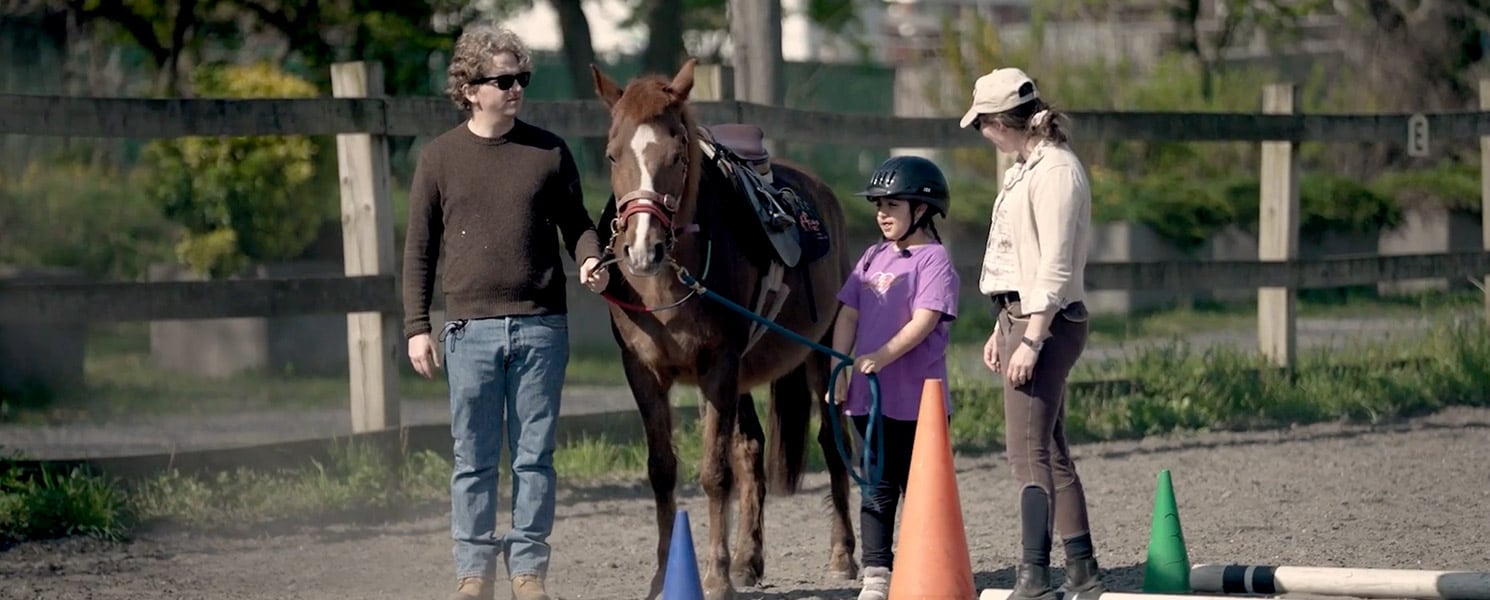Health
What are the causes of childhood obesity?
By Nora Laberee, MPH Mar 21, 2024 • 4 min
Childhood obesity is a serious medical problem that affects children and teenagers. In fact, childhood obesity statistics show that about 20% of kids in the United States are obese. Overweight kids can face many health challenges, but with the right tools, you can help your children achieve and maintain a healthy weight. The first step in addressing childhood obesity is understanding the causes.
What is childhood obesity?
A child may be considered obese if they have a body mass index (BMI) higher than 95% of other children of the same age and gender. BMI is a guideline for healthy weight as it relates to height and age for children. It’s important to understand that even if your child looks heavier than other children, it doesn’t necessarily mean they’re overweight. A healthcare provider can help identify obesity in children.
What causes childhood obesity?
There are many potential causes of childhood obesity. Some of the most common causes include poor dietary habits, such as overeating, eating too much junk food and consuming sugary drinks. Lack of daily exercise can also contribute to childhood obesity. Other factors may include stress, lack of sleep, genetic factors, certain medications and other health conditions, such as hypothyroidism.
Children who grow up in overweight or obese families may be more likely to gain excess weight. This can be due to genetic risk factors or household habits, as well as environmental factors. Every person’s metabolism is different, and some children may have a higher risk of obesity than other children.
Childhood obesity health risks
Obese kids can be at an increased risk for many serious health issues. Obesity is one of the leading risk factors for developing type 2 diabetes. It can also cause high cholesterol, high blood pressure and breathing problems in children. Overweight girls may have an increased risk of irregular periods and hormone challenges. Most girls with polycystic ovary syndrome (PCOS), a disorder that affects hormone levels, are overweight or obese.
There is also a risk of low self-esteem and depression in children struggling with weight gain and obesity. Speak with your child’s healthcare provider if you are concerned about their weight. They can provide specific advice to help ensure your child is healthy.
Teenage obesity
Older children and teenagers can also experience obesity. Nearly 22% of children ages 12 to 19 are obese. Encouraging regular exercise and healthy eating habits can help prevent and reverse obesity in teenagers.
Adopting healthier habits as a family is a great way to prevent children and teenagers from becoming overweight or obese. It’s also very effective in addressing an already existing problem. Making nutritious snacks available, setting a good example and making sure kids get enough sleep are some ways to help prevent excess weight gain. Overweight children may also enjoy sharing new healthy practices with their friends and family. Modifying diet, exercise and adopting other healthy lifestyle factors can help prevent health issues for your children now and in the future.
Clinically reviewed and updated by Julie McDaniel, MSN, RN, CRNI, March 2024.
Sources:
- https://www.cdc.gov/obesity/data/childhood.html
- https://www.cdc.gov/growthcharts/clinical_charts.htm
- https://www.mayoclinic.org/diseases-conditions/childhood-obesity/symptoms-causes/syc-20354827
- https://www.healthychildren.org/English/health-issues/conditions/obesity/Pages/default.aspx
- https://www.healthychildren.org/English/health-issues/conditions/obesity/Pages/Polycystic-Ovary-Syndrome.aspx
- https://www.healthychildren.org/English/health-issues/conditions/obesity/Pages/childhood-obesity-a-complex-disease.aspx
- https://my.clevelandclinic.org/health/diseases/9467-obesity-in-children




